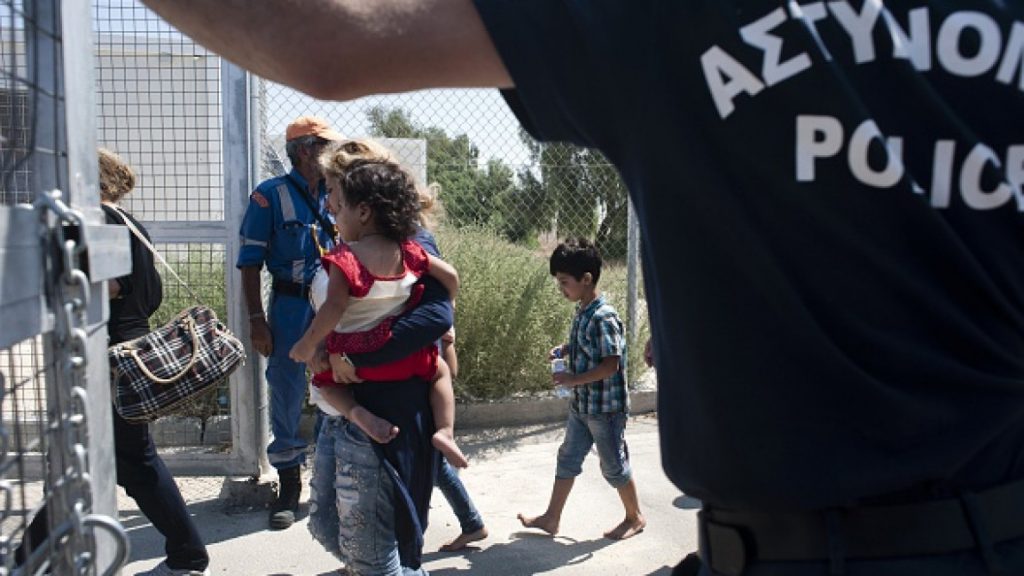Cyprus faces accusations of migrant pushback to Lebanon as tensions escalate over the influx of migrants arriving on its shores. Amid a surge in migrant boats originating from Lebanon and Syria, Cyprus has implemented new restrictive policies, sparking controversy and international concern.
Recently, three boats carrying predominantly Syrian migrants departed from Lebanon’s coast near Tripoli, aiming to reach Cyprus. However, they were intercepted by Cypriot authorities at sea, leading to allegations of mistreatment and forced return. Migrants reported being stranded without sufficient food and water, with the Cypriot Coast Guard denying their pleas for supplies.
Ahmad, a Syrian refugee with relatives on the boats, described the harrowing ordeal, stating that migrants were coerced to return to Lebanon under threat of firearms. Despite efforts to seek assistance, Cypriot authorities have not responded to inquiries regarding the incident.
Videos captured migrants disembarking from overcrowded vessels in Tripoli, Lebanon, following their return from Cyprus. Concerns mount over the fate of migrants, particularly those without official refugee status, amid reports of potential deportation to Syria by Lebanese authorities.
The situation underscores broader challenges faced by migrants in the region, including the ongoing violence and state actions against Syrians in Lebanon. Following recent incidents of violence and heightened tensions, Lebanese officials have announced harsher measures, including deportations and crackdowns on informal settlements.
In response to the migrant influx, Cyprus has implemented stringent measures, including the suspension of asylum processing for Syrians and intensified coast guard patrols along Lebanon’s shores. Cyprus seeks EU support to bolster its efforts and address the root causes of migration, emphasizing the need for collaborative solutions at the regional level.
As migrants continue to seek refuge amidst escalating regional tensions, the plight of vulnerable populations remains a pressing concern. The complexities of migration dynamics and intergovernmental relations underscore the need for comprehensive approaches to address humanitarian challenges and uphold human rights.


